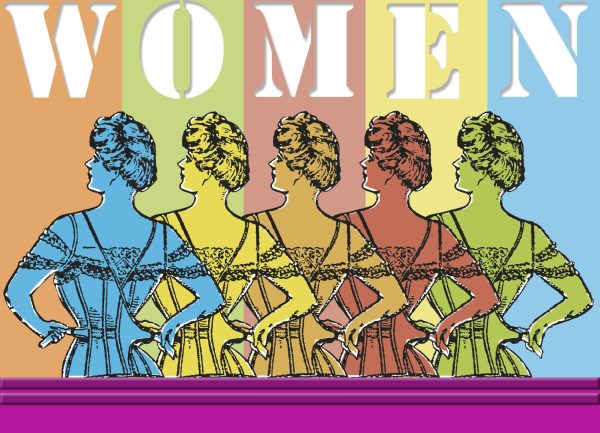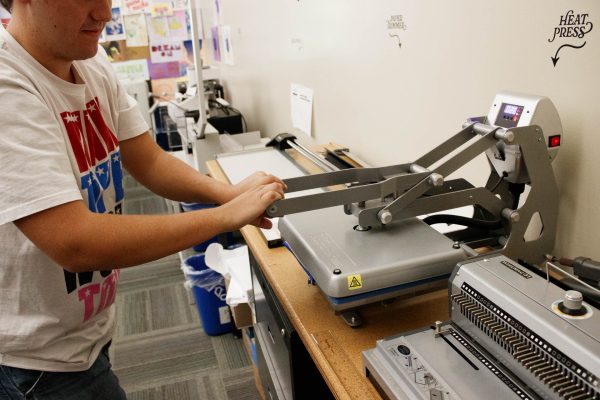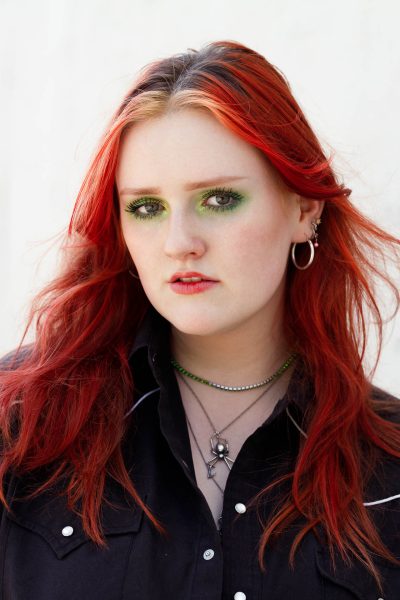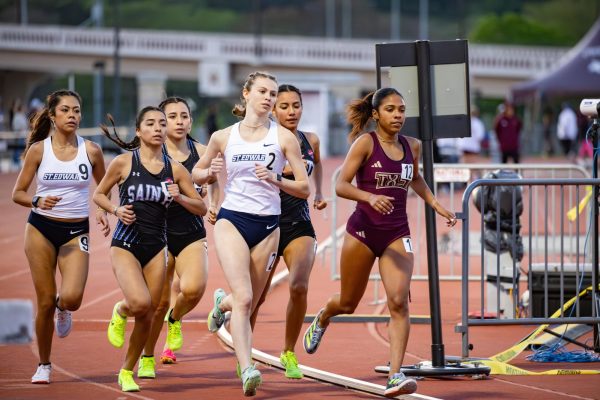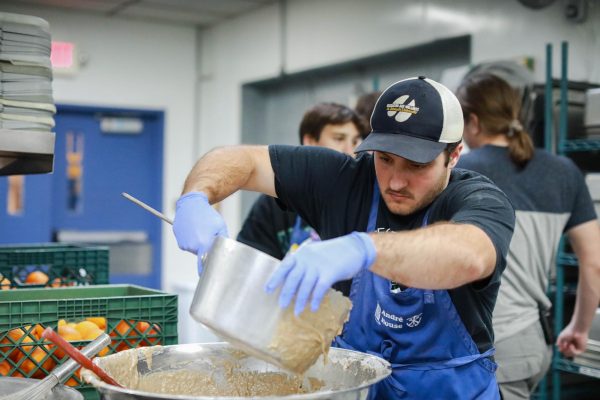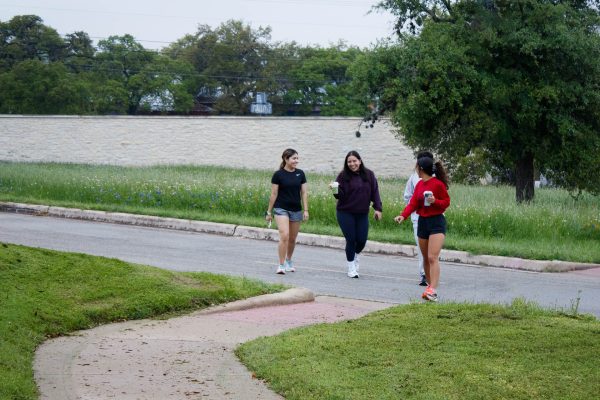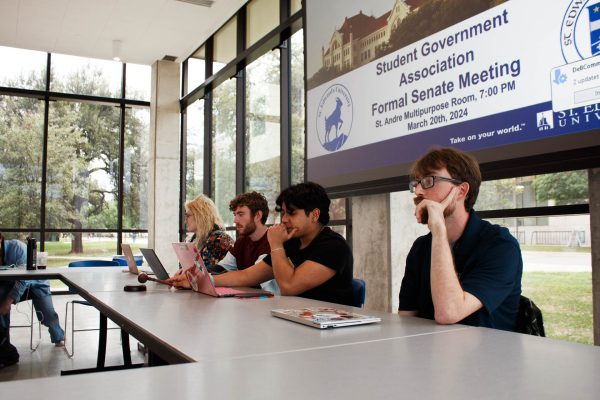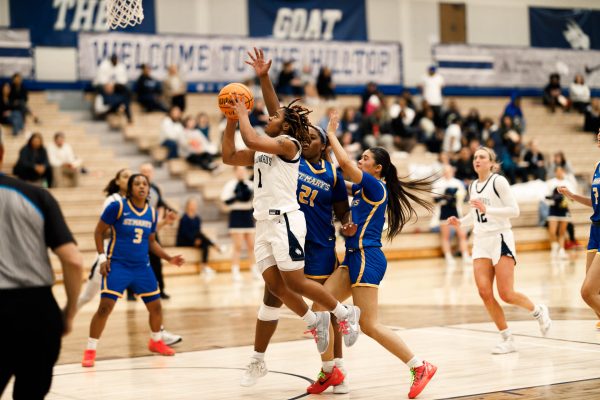Data inconclusive in gauging student understanding of Title IX
St. Edward’s lacks sufficient data to gauge student’s experiences and understanding of sexual assault, relationship violence and other Title IX issues after a survey administered in March was completed by a mere eight percent of the student body.
“We did not get enough participation to have confidence in reporting back percentages or statistics that reflect the whole student body’s experience,” Title IX Coordinator and Vice President for Student Affairs Lisa Kirkpatrick said.
The Student Government Association and Title IX Committee held a listening session Oct. 19 to discuss students’ grasp of Title IX procedures and how to improve future surveys on the topic.
Assistant Director of Health and Counseling Beth Charrier explained that a report detailing results of the survey would not be representative of the entire student population and would reduce the anonymity participants agreed to upon taking the survey.
The Title IX team found that the pool of students who completed the survey “experience the same amount of interpersonal violence and sexual violence as national statistics indicate,” Charrier said. Those students, however, do not always characterize such experiences as abuse.
Additionally, the survey encompassed attitudes towards the university’s response, stalking, bystander behavior, as well as beliefs and attitudes. Though students responded in a manner that showed they denounce common rape myths that oftentimes place blame on the victim, survey-takers endorsed myths about masculinity and sexuality.
Many who completed the survey expressed interest in becoming involved in offerings such as bystander training, fewer attended such events. Those that took the survey are less likely to intervene since they didn’t prove an understanding of “the connection between verbal statements and actual sexual violence in terms of touching or physical assault,” Charrier said.
The survey also found that if students become involved in a Title IX incident, they feel confident that administration takes the report seriously.
“We want to reduce all the barriers to somebody wanting to make a report,” said Charrier.
A new route for someone to consult about the reporting process has recently been introduced in the form of the advocate program.
Advocates are university staff who offer confidential support and are knowledgeable on handling incidents of sexual violence, interpersonal violence and the process the university follows when reporting cases.
While the Health and Counseling Center could assist a student affected by such violence, “an advocate might serve in the more immediate time after the event or while someone is going through the reporting process,” said Charrier, who is also the director of the advocate program.
Another listening session will be held Nov. 1 in conjunction with the St. Edward’s chapter of It’s On Us, a nationwide campaign that aims to end sexual assault on college campuses.
“St. Edward’s takes a hard stance against sex and gender violence, discrimination and harassment,” Kirkpatrick said. “And it’s not just because it’s the law, it’s also because it’s the right thing to do.”


